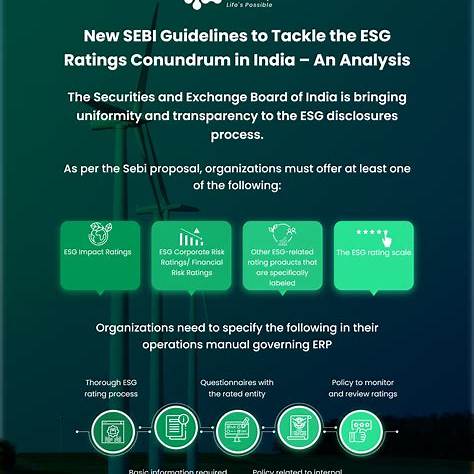5 June – In recent years, the terms Environmental, Social, and Governance (ESG) and sustainability have gained significant attention in both the business world and society. But what exactly do they mean, and why should they matter to us all?
What is ESG?
ESG refers to a set of criteria used to evaluate how a company or organization manages risks and opportunities related to environmental, social, and governance factors. These three areas encompass:
- Environmental: This focuses on how a company impacts the environment. It includes efforts to reduce carbon footprints, manage natural resources responsibly, and adopt sustainable practices that minimize environmental damage.
- Social: This relates to a company’s relationships with people and communities. It involves fair labor practices, diversity and inclusion efforts, respect for human rights, and how businesses contribute to societal welfare.
- Governance: This pertains to how a company is run. It covers the integrity of its leadership, transparent business practices, anti-corruption measures, and board diversity.
Sustainability and ESG: A Synergistic Relationship
Sustainability is closely tied to ESG, as both concepts focus on the long-term well-being of the planet, people, and economies. While sustainability emphasizes preserving resources and ensuring future generations can thrive, ESG is a framework that assesses how businesses align with those values. Companies that prioritize sustainability often have strong ESG strategies in place, incorporating responsible practices into their operations.
Why Should We Care?
The importance of ESG and sustainability is evident in the world we live in today. Climate change, social inequality, and corporate scandals have created a need for businesses to be held accountable for their actions. People are more conscious than ever about where their money goes and how it impacts the world. Investors, consumers, and employees are increasingly prioritizing companies that are socially and environmentally responsible.
By integrating ESG principles, businesses can unlock new opportunities, improve their brand reputation, and build trust with stakeholders. More importantly, they play a crucial role in shaping a sustainable future by minimizing negative environmental impacts and supporting social justice initiatives.
In short, understanding and embracing ESG principles is essential for creating a balanced and fair society. As consumers and investors, our choices have the power to influence corporate behavior. By supporting companies that invest in ESG and sustainability, we contribute to a more sustainable world, ensuring a better future for all.




